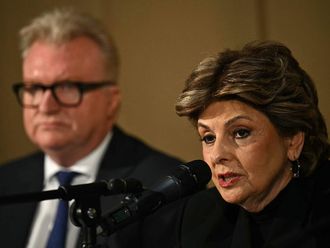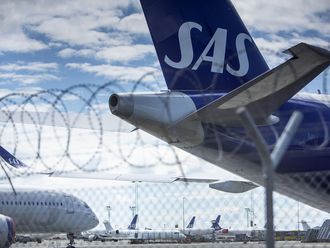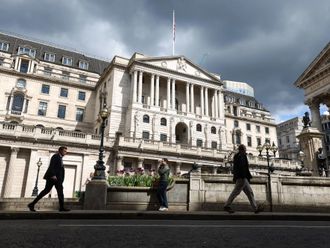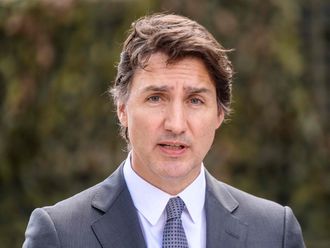Edinburgh: Britain's government says it has warned Libya that any celebration of Friday's anniversary of the release from jail of the Lockerbie bomber would be deeply offensive to the families of the mainly US victims of the attack.
Abdul Baset Al Megrahi, the only person convicted in connection with the 1988 bombing of Pan Am Flight 103 above Lockerbie, Scotland, was ordered in 2001 to serve 27 years in jail, but freed on Aug. 20 of last year on compassionate grounds, as he is suffering from prostate cancer.
In a statement urging Libya to show restraint, Britain's Foreign Office in Friday described the bombing, which killed 259 people onboard - mostly Americans - and 11 on the ground, as the "worst act of terrorism in British history."
Before Al Megrahi's release from a Scottish jail, doctors said he would likely live only for three months.
Friday marks the first full year of Al Megrahi's freedom. Many families are outraged at the hero's welcome he received as he returned to Libya, and his continued longevity.
"Particularly on this anniversary, we understand the continuing anguish that Al Megrahi's release has caused his victims both in the UK and the US He was convicted for the worst act of terrorism in British history," the Foreign Office said.
"Any celebration of Al Megrahi's release would be tasteless, offensive and deeply insensitive to the victims' families. We have made our concerns clear to the Libyan government, including through representations by the UK ambassador to Libya."
The decision to release Al Megrahi was taken by Scotland's government, rather than the British government in London. Prime Minister David Cameron, who at the time was opposition leader, condemned the move.
"The government is clear that Al Megrahi's release was a mistake, both the current prime minister and foreign secretary made this clear at the time," the Foreign Office statement said.
First Minister Alex Salmond, the head of Scotland's government, told The Associated Press in an interview this week that he stood by the decision.
"I think I'd rather be first minister of a society with too much compassion than be first minister of a country with too little compassion," he said.












